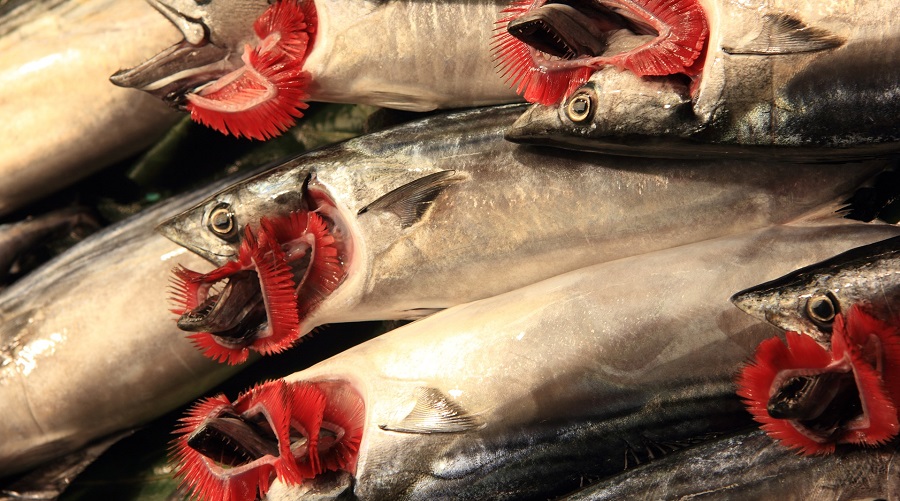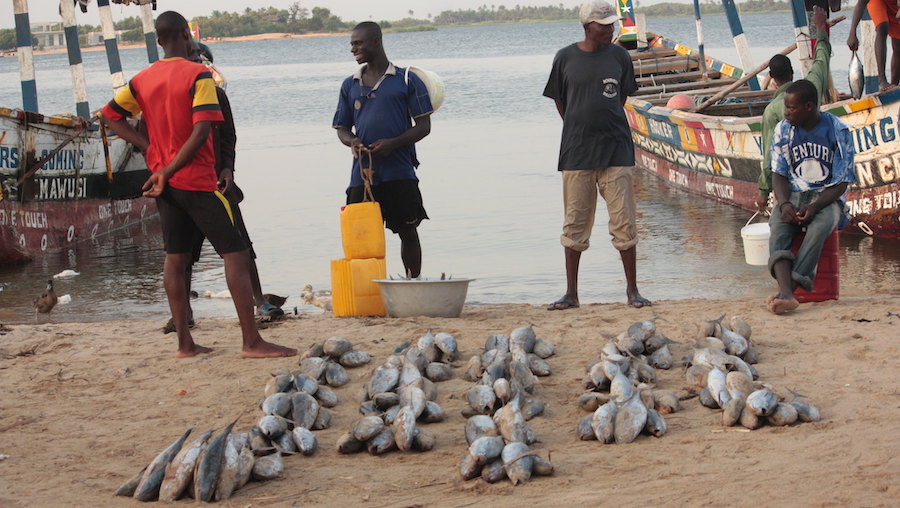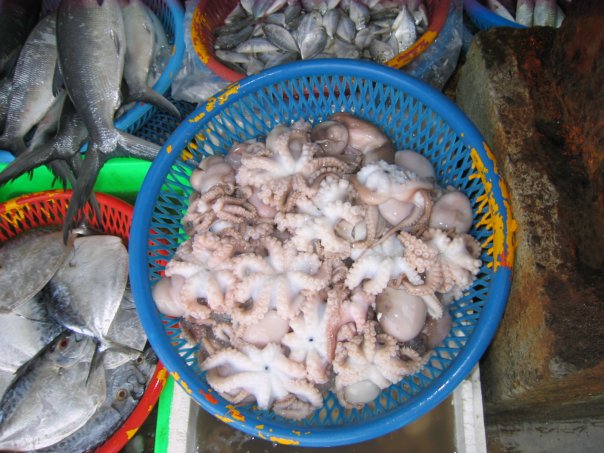To mark World Oceans Day 2021, the Sea Around Us team took on a challenge presented by NGO Mundus Maris and decided to think about one of the many problems our oceans are facing and reflect on the efforts being made to address the issue at hand.
This is how the above video came to be.
Since fisheries are at the centre of our work, we wanted to shed light on how reinterpretations of the Maximum Sustainable Yield model developed in 1954 by M.B. Schaefer are encouraging fishing practices that decimate fish populations.
Based on the paper “MSY needs no epitaph—but it was abused” by Daniel Pauly and Rainer Froese, and the paper “Fishery biomass trends of exploited fish populations in marine ecoregions, climatic zones and ocean basins” by Palomares et al., the video shows how the initial Schaefer model, which refers to the theoretical highest catch that a fish stock can support in the long-term given that environmental conditions do not change much, has been modified by fisheries scientists and managers to a point where it promotes overfishing.
But if kept in its original format and when combined with recently developed computer-intensive stock assessment methods, the Schaefer model has been identified – both in the literature and in the video – as a viable mechanism for effective ecosystem-based fisheries management.








